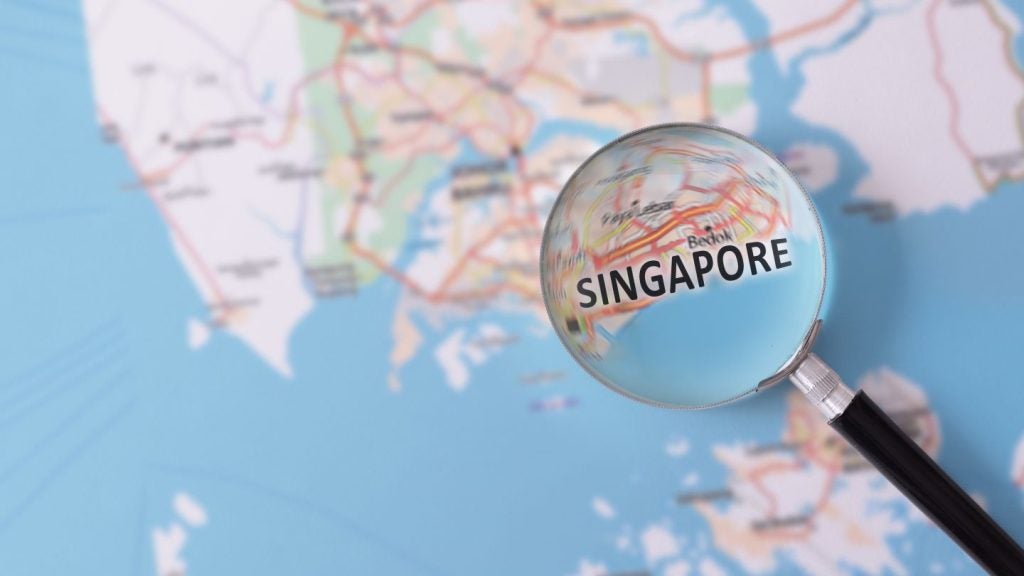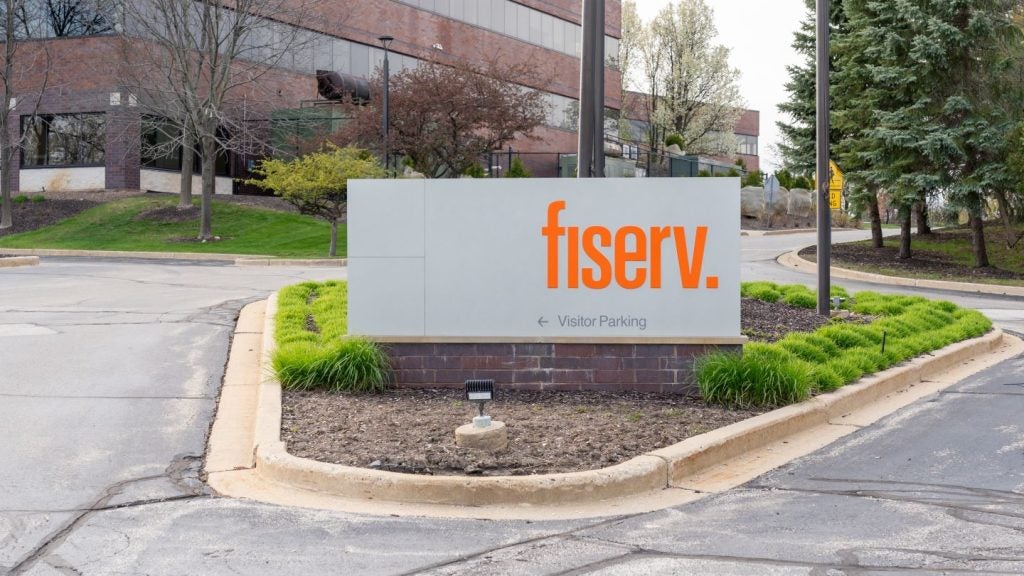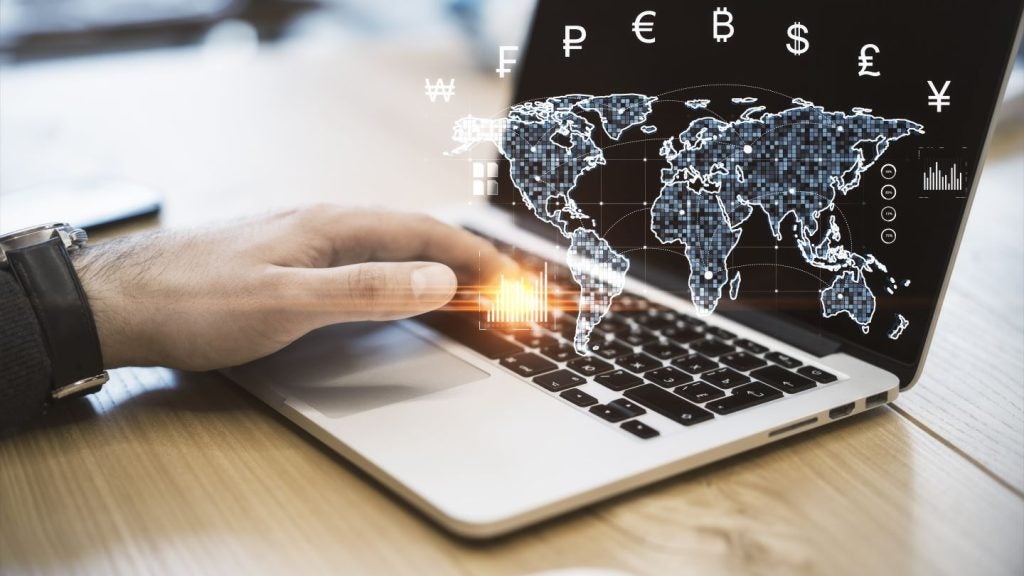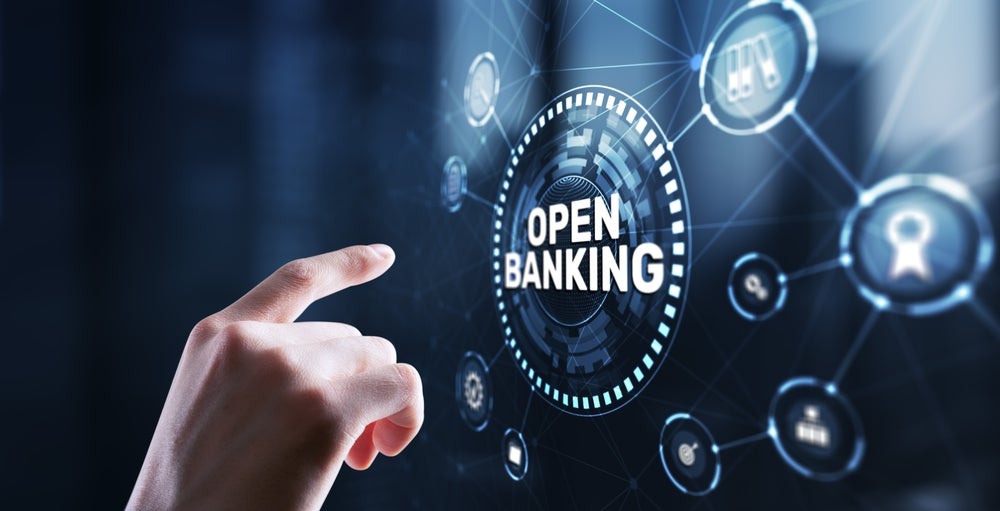business, eBay is increasingly reliant on payments unit PayPal as
its primary growth-driver. Building on this, eBay has seized the
opportunity to acquire one of its most dynamic rivals in the
alternative payments space, Bill Me Later. Charles Davis
reports.
fabled online auction business, eBay has snapped up Bill Me Later,
an alternative payments channel ideally suited for its business
model.
Later allows the online auction giant to consolidate a smaller but
up-and-coming rival to eBay’s online payments engine, PayPal.
merchant-friendly alternative to credit card payments, allows
customers to pay later for items purchased at more than 1,000
online retailers, including Amazon.com and Walmart.com, without
entering credit card information. Instead, the customer fills in
his or her birth date and the last four digits of their Social
Security number.
system to approve each transaction, which takes about three
seconds. It picks up the tab and is repaid by the shopper. If
customers carry a balance at Bill Me Later, they incur interest
charges. There is also something in it for merchants given that
Bill Me Later charges retailers an average of 1.5 percent of
transactions, compared to over 2 percent for other credit
cards.
‘Perfect complement’
eBay expects Bill Me Later to generate about $150 million in
revenue next year. The company had about $90 million in sales last
year and estimates $130 million this year.
portfolio; PayPal and Bill Me Later belong together,” said John
Donahoe, eBay president and CEO in a statement announcing the
acquisition.
leading, complementary online payment products, each with proven
benefits for consumers and online merchants. At an attractive
valuation, our investment in Bill Me Later opens significant
long-term growth opportunities.”
in the middle of an economic crisis with a pronounced credit crunch
and rising default rates, but eBay officials were quick to note
that Bill Me Later’s credit risk modelling and analysis have
consistently performed better than the consumer credit industry
average. In fact, eBay and PayPal cited Bill Me Later’s
transactional data monitoring as one of the benefits of the deal,
as this expertise will bolster the company’s ability to drive down
risk in the payment system.
issue credit lines, which of course are difficult to retract during
economic downturns. Instead, the system authorises transactions one
at a time and offers consumers consistent terms for repayment.
These fundamental differences produce a business model that has
many more tools to manage and control risk while delivering
predictable profits.
Later derives revenue from both the merchants and customers who use
the service. Consumers who use their accounts to pay over time will
pay interest and fees. Merchants pay a discount to the sales amount
and a per-transaction fee.
PayPal’s customer base includes mostly small and mid-size merchants
and 63 million active users. Bill Me Later has attracted large
retailers, including 75 of the top 200 brand names, and nearly 4
million consumers.
million in cash to acquire the company’s capital stock and
warrants, plus $125 million to assume Bill Me Later’s outstanding
employee stock options. The deal is expected to close by the end of
the year.
Marino, will continue to run the company, which will become a
business unit of PayPal.
the online merchant category, a sector that PayPal has worked hard
to expand. Apple has offered its standard consumer payment service
since 2004, and Dell has done so since 2005. PayPal recently
announced that Wal-Mart has begun accepting its payments online;
Wal-Mart has been a Bill Me Later customer since 2005. PayPal now
has 35 of the top 100 merchants in the US, 50 of the top hundred in
Australia, and 11 of the top 50 in the UK.
addition to its payments stable. Bill Me Later consumers have 28
percent to 46 percent higher repeat usage than other payment
offerings, according to consultancy Javelin Strategy &
Research. Merchants offering promotional financing with buyer
credit on eBay saw an increase in average selling prices ranging
from 50 percent to 250 percent depending on the type of promotion
they offered. A study conducted by consultancy Northstar Research
Partners commissioned by PayPal showed 56 percent of users are
likely to purchase from a retail site if a deferred payment option
is available.
‘Fabulous business’
Even as it announced the Bill Me Later acquisition, eBay announced
it would lay off 10 percent of its 16,000 workers, including 1,000
permanent employees. eBay, based in San Jose, California, said most
of the layoffs would be in its core marketplace division, which has
suffered from declining single-digit growth rates, while online
commerce has been growing at a double-digit clip.

US Tariffs are shifting - will you react or anticipate?
Don’t let policy changes catch you off guard. Stay proactive with real-time data and expert analysis.
By GlobalDataopportunity Bill Me Later and PayPal have together is nothing short
of tremendous,” Marino said in a conference call.
can offset the slowdown in its auction business. Revenue from
PayPal, which eBay acquired in 2002, is expected to grow at a 35
percent rate this year as large companies like Southwest Airlines
and Wal-Mart offer it as a payment option on their websites.
report from consultancy Celent, which concludes that card issuers
will continue to lose interchange revenue to alternative payments.
Celent estimates card brands and issuers stand to lose $345 million
in volume to alternative payments in 2010 and about $1.7 billion in
2015.
payments brands, each with highly complementary capabilities. Each
offers unique benefits that consumers want when they shop online
and each delivers merchants, lower costs and incremental
sales.







